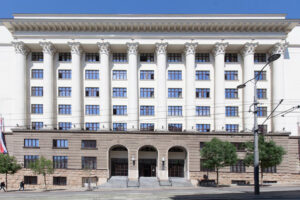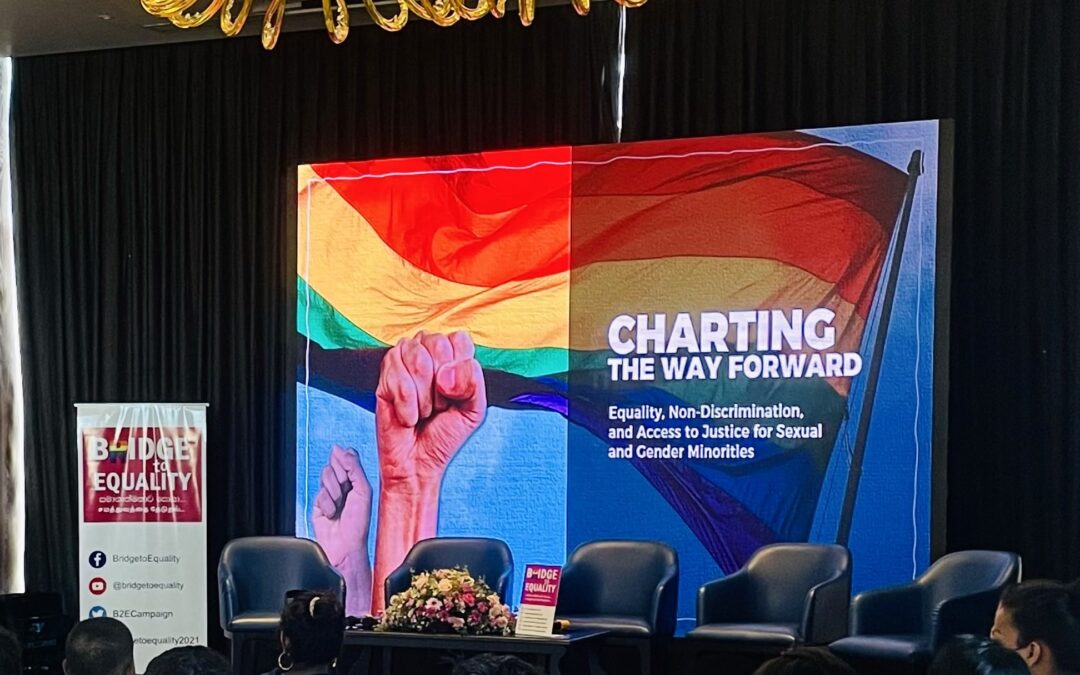

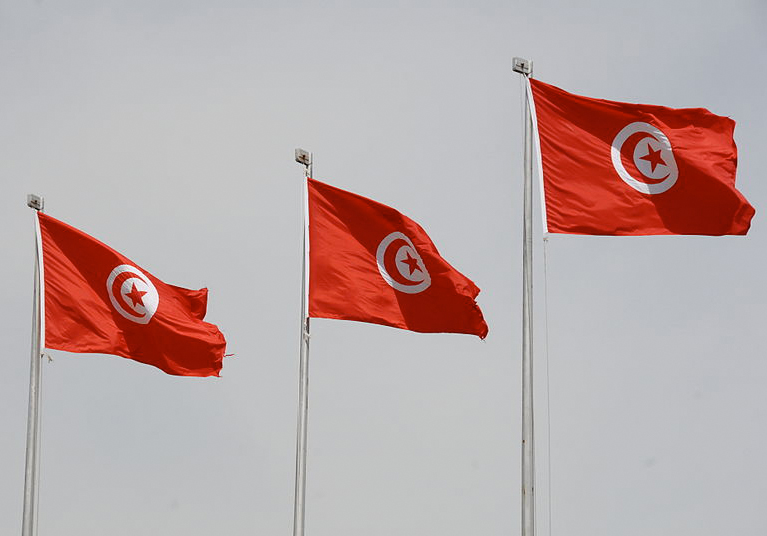
Tunisia: end crackdown on political opponents and allow free and fair elections
The International Commission of Jurists (ICJ) condemns the Tunisian authorities’ continued attacks on opposition leaders, including the recent arbitrary arrest and detention of Lofti Mraihi, the Republican People’s Union party leader and prospective presidential...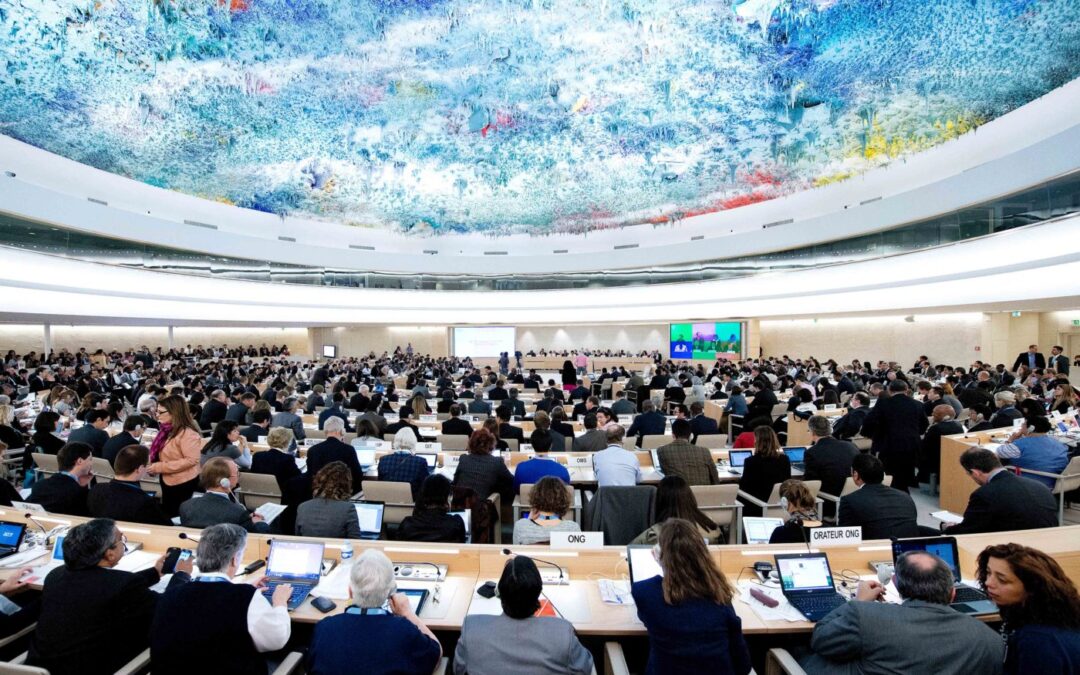
UN Human Rights Council faces growing strains, but makes progress on racial justice and law enforcement, and addresses the situation in Eritrea
As the UN Human Rights Council concludes its 56th session, the ICJ warns that political deadlock and waning commitment by States to long agreed human rights objectives continues to limit the Council’s effectiveness in fulfilling its mandate to protect and promote human rights around the world.

Nepal: Moot Court Competition on Persons with Disabilities’ Rights
Art by Rashmi Amatya The ICJ held the first-ever intra-college moot court competition on the rights of persons with disabilities in collaboration with Nepal Law Campus and CBM Global Disability Inclusion. Participants gathered in Kathmandu from 27-30 June to...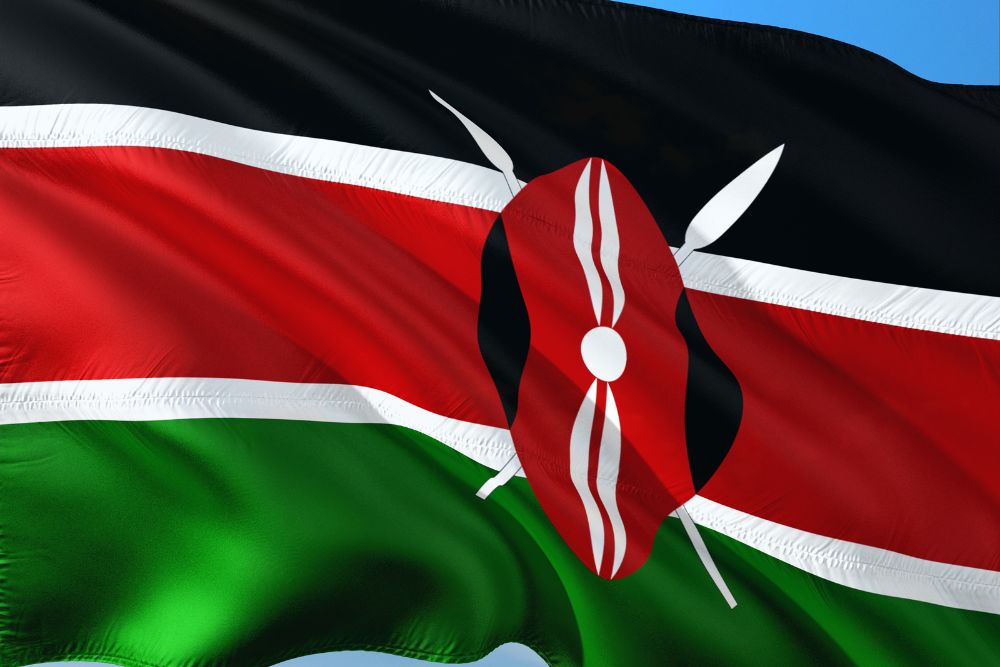
Kenya: Security forces must refrain from unlawful use of force at ongoing demonstrations
The ICJ recalls that, under international law, security forces must respect the principles of necessity and proportionality and that the use of lethal force is only permissible when strictly necessary to protect life.




